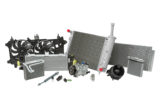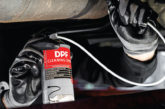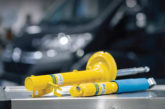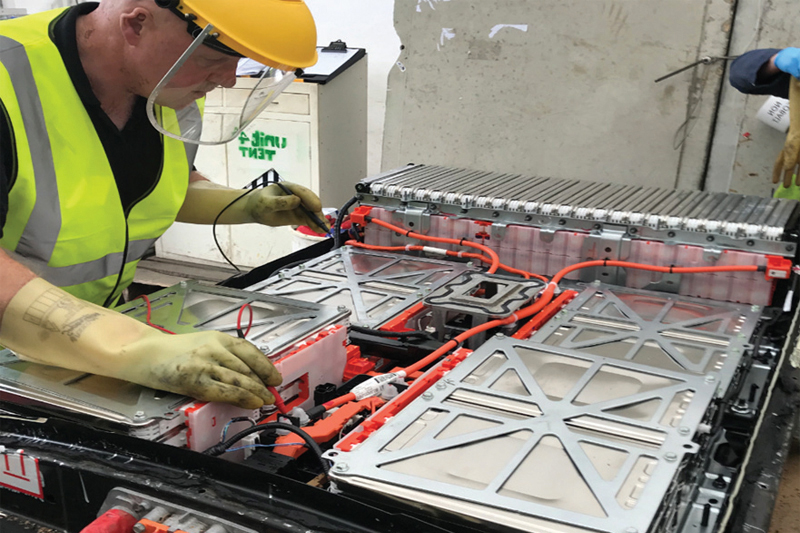
Steve Carter, regular PMM contributor and electric vehicle (EV) expert, maps out the landscape as we bid farewell to the internal combustion engine.
We are likely living in the last decade of the combustion engine vehicle. Many governments around the world – including our own – have announced the ban on sales of new combustion vehicles by 2030 with more and more vehicle manufacturers (VMs) announcing that they will stop producing ICE (internal combustion engine) cars within the next 10 to 15 years.
The pressure to go EV is not only coming from governments, but also from the need for the manufacturers to reduce their CO2 emissions across the entirety of their car and light van ranges, with this target system already in full flow. For 2021, the average fuel efficiency target is 68mpg. For 2025, the average is 83mpg, and for 2030, the figure is 133mpg. It does not take a rocket scientist to realise that this last figure is just not possible as things currently stand. So, it is clear that the automotive industry’s direction of travel is to electrify as quickly as possible.
A few months ago, the new CEO of VAG revealed that the most challenging aspect of his position was persuading institutional investors to invest in his company. This was because more and more of these investors regard most legacy VMs as having a significant proportion of their value as stranded assets (combustion engine and gearbox plants) that will not be needed in the near future.
It was also noted at the same investors meeting how easy it is for automakers with no stranded assets to borrow money very cheaply. I am certain he was talking about Tesla.
On a recent ONS steering committee meeting, which was looking at the requirement to bring EV knowledge and skills into the current apprenticeship scheme, it was announced that several VMs had been asking for EV-only apprenticeships. The justification for this request being that to train a technician in all the aspects of the modern ICE vehicle and then the same for an 800V 850kW 1,100hp EV is just not possible in three years.
The challenge
The question is: Where are these future technicians going to come from? Current statistics indicate only 6% of all technicians are certified to EV level 3 or above.
Unfortunately, there are a significant number of colleges that I have come across who appear to be completely oblivious to these future training requirements. Until all automotive colleges revaluate and upskill their staff, we are not going to see a lot of new EV techs coming from this source.
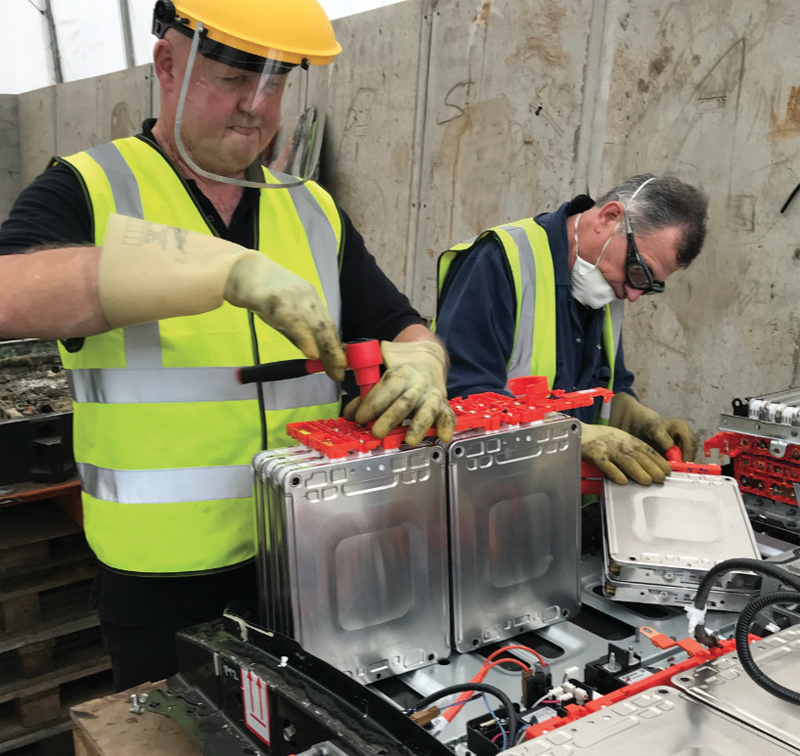
For independent workshops, where will your future technicians come from? Will every ICE technician have the capability and motivation to become EV certified? Bear in mind that training is now required under the Electricity At Work Regulations, for any technician working on high voltage vehicle systems. In the future, we may see candidates coming from the industrial high-voltage industry. Would it be easier to train a person from this field?
As a panellist on a recent webinar talking on this very subject, I asked the audience whether they thought the independent aftermarket was underestimating the impact EVs will have on the market; 95% thought that this was the case. The independent workshop has a lot to consider. One thing is for certain, the longer that garage owners and technicians take to upskill, the bigger the gap between OEMs and independents will be.



